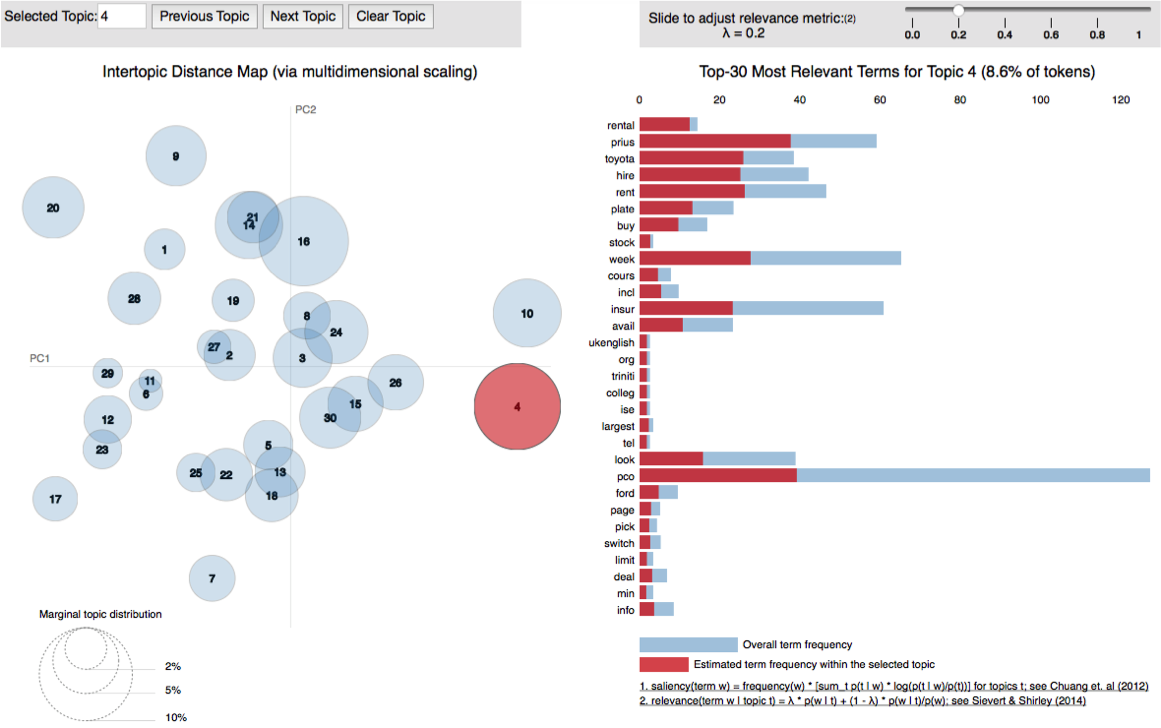
MSc Thesis | Communication and Collaboration Networks Among Gig Workers
Background
The research for my BS Thesis revealed the existence of a decentralized Whatsapp collaboration network through which Uber drivers delivered off-the-platform rides. This observation sparked the development of a research project to investigate the structure, motivation, and impact of these collaboration networks. This, with the intent of better understanding decentralized markets as well as the ways in which gig-workers self organize amid the employment vacuum of gig platforms.
Questions
How and why do Gig Economy workers, in Mexico and the UK, communicate and collaborate and with what impact on the outcomes of the market?
How do the motivation, structure, and impact of these networks compare and contrast across Mexico and the UK?
What can we learn from this decentralized collaboration and communication in terms of self-organizing economic activity and in terms of workers’ struggles to organize amid the gig economy’s employment void?
Methods
1. Semi-structured interviews with Uber workers in Mexico and the UK and with Deliveroo workers in the UK
2. Topic Modelling (LDA) of Facebook groups of Uber drivers in Mexico and the UK
3. Network Ethnography of Deliveroo riders in Oxford (Spent 15+ hours delivering food on the platform)
Findings
While drivers in Mexico communicate extensively through a range of technologies (Whatsapp, Zello, Facebook, Live360), drivers in the UK primarily use Facebook. In addition, communication networks in the UK are much more local, relying on the offline social networks of drivers rather than spanning across large groups of drivers who do not coincide in an offline context. This, we find, is a result of the differing social, economic, and legal contexts in Mexico and the UK (including Uber´s differing business and operational models). Conclusively, in countries where economic conditions create the appropriate incentives and structures and where little or weak legal barriers exist to self-organization, decentralized communication networks can be effective in furthering the interests and fulfilling the needs of gig-workers. Furthermore, it appears that successful economic organization can happen through these decentralized networks.
We also find that the motivation and high-level use of Uber driver Facebook groups in the UK and Mexico are quite similar. In both countries, drivers use the groups primarily as advertising platforms for selling and purchasing services and products related to the operation of the market (insurance, car rentals, car-wash, legal services, etc.). This can be observed in the tables below which list the most prominent topics across Facebook groups in both countries.
A more stark contrast, however, emerges between Whatsapp communication networks. While these are wide and deep in Mexico, in the UK they tend to be narrow, constrained by the offline social circles of drivers. This results from: (1) the divisions that exist among the many ethnicities operating in the UK’s Gig Economy, and (2) the less urgent needs of drivers in the UK which are fulfilled by a functioning rule of law (in Mexico, on the other hand, the differing Uber business model and the weak rule of law force drivers to look out after themselves and their own interests).

Top UK Topics Example Visualization

Top Topics in UK Uber Driver Facebook Groups
